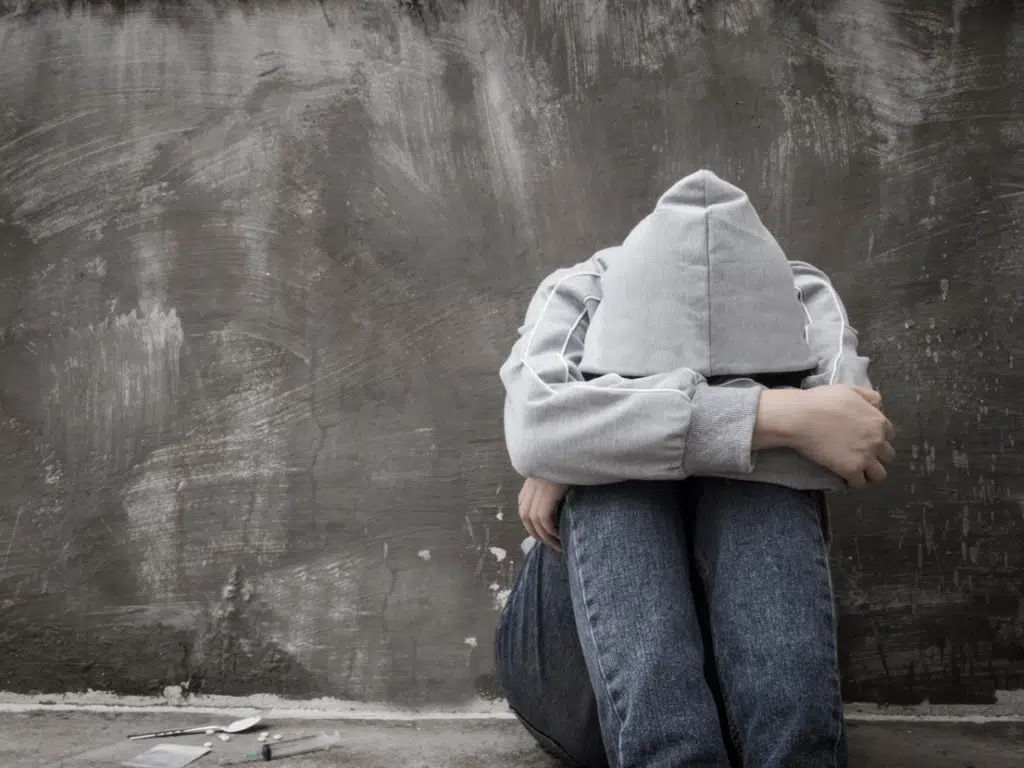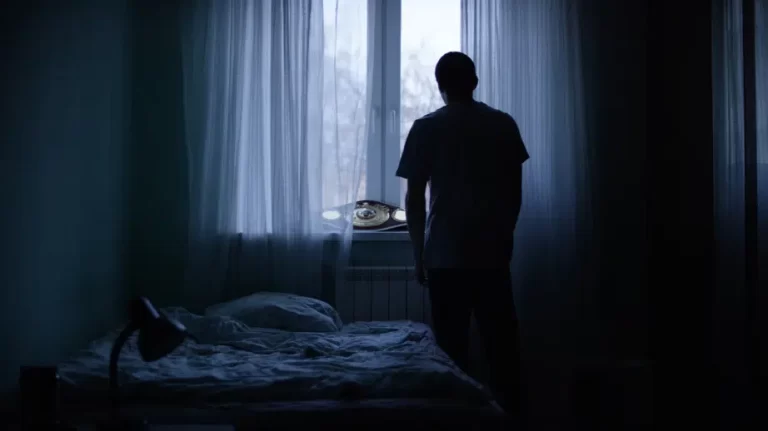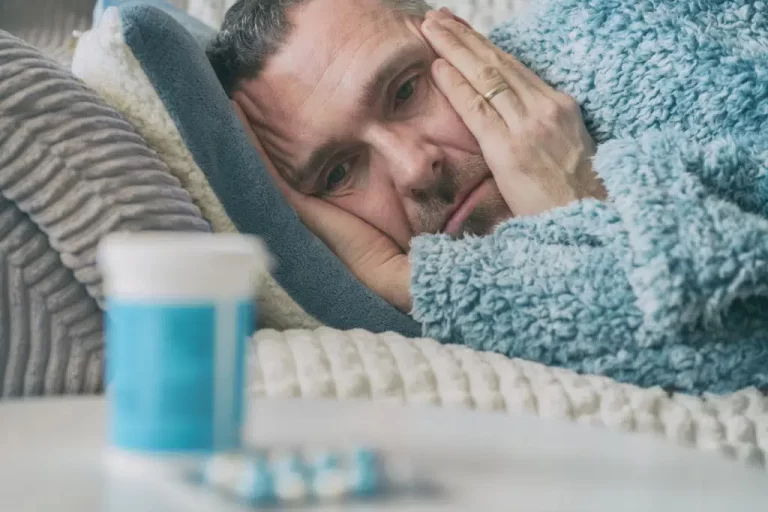There is a deep tie between mental health and substance use. Nearly 1/3 of those living with addiction experience depression or depressive episodes at some point in their active addiction struggle. For some, depression is a result of their addiction, while others may have lived with depression before becoming addicted.
In the broader sense, about 9.5% of Americans 18 and older are diagnosed with depression each year, with women being twice as likely to be diagnosed with this mental health illness.
At Miramar Recovery, we aim to help you get sober while treating your mental health disorders. Our comprehensive dual-diagnosis treatment is the best way to help you reach full recovery sooner. You don’t have to live with the negative symptoms of depression and addiction any longer; we are here to help.
What is depression?
Depression, known more formally as major depressive disorder, is a type of mental health condition that affects how you think, the way you feel, and, ultimately, how you act. Although there is no cure for depression, it can be widely treated to reduce and effectively eliminate symptoms.
Often umbrellaed as deep feelings of sadness, depression is more than just a negative drop in your emotions. This condition can come with various other symptoms that you should be aware of to help you seek treatment sooner.
Let’s explore the top five signs that you may have depression.
1. Hopelessness
Feeling unhappy is a normal part of life, but feeling completely hopeless is not.
Hopelessness is the most common sign of depression, causing people to feel unrelenting negativity about their lives, themselves and everything around them. Tied to hopelessness may be feelings of guilt, worthlessness and self-hate, which could lead to self-harm or even suicide if left untreated.
If you feel hopeless, know that there is hope, and you should seek help immediately to relieve your symptoms and start feeling better today.
2. Moodiness
A significant and unexplained change in a person’s mood may indicate an underlying mental health condition such as depression. Increased irritability or moodiness is often one of the first signs of depression outside a general feeling of overwhelming sadness.
If you notice a change in your ability to control your emotions or find yourself snapping easily over things that don’t usually bother you, we recommend seeking further evaluation to ensure the problem is not linked to depression or another mental health disorder.
3. Sleep issues
Depression is a mental health disorder that can manifest itself in both the psychological and physical sense, changing not only your emotions and behaviors but also the way your body operates. If you notice a change in your sleeping habits, especially if you are experiencing too much or too little sleep, it may be a sign of depression.
About 75% of those diagnosed with depression have a sleep disorder such as insomnia. If you are dealing with sleep issues during bedtime or find yourself tired throughout the day, it is best to speak with your doctor to determine the underlying cause.
4. Anxiety
Although closely linked, anxiety and depression are not one and the same. In fact, anxiety may be a sign of depression. It is also common to be diagnosed with a generalized anxiety disorder that triggers feelings of depression during heightened episodes such as panic attacks or separation anxiety disorder.
The most common symptoms of anxiety include:
- Nervousness
- Mood changes
- Experiencing a feeling of impending doom
- Increased heart rate
- Hyperventilation
- Feeling weak or tired
- Trouble concentrating
5. Loss of interest
Depression takes what used to be fun and appealing and turns it into something you feel lackluster about or have no interest in. In short, depression takes the joy out of the things you love most. If you notice a shift in the things you once loved, such as sports, hobbies, friends or other types of enjoyment, this may be an indication that you’re living with depression.
Another area where lack of interest is often noticed with depression is with sex. If you’re living with major depression, you may notice a decreased or nonexistent sex drive.
Loss of interest is often tied into symptoms of substance use disorder as well. It is essential to see a medical professional if you are experiencing a loss of interest in anything that used to excite you.
Addiction and mental health treatment near me
At Miramar Recovery, we recognize that no two patients have the same story. If you live with substance use disorder and a mental health condition, such as depression, a dual-diagnosis treatment plan may help you the most. Combining medication, individualized therapy, group sessions and other comprehensive treatment options, we help you reach the road to recovery sooner.
Not only can we help you remove substance use from your everyday life, but we can help boost your mood and elevate your outlook on life. If you are struggling with mental health and substance use, don’t delay treatment. Contact us today to get started.


